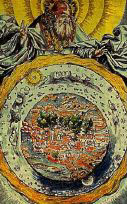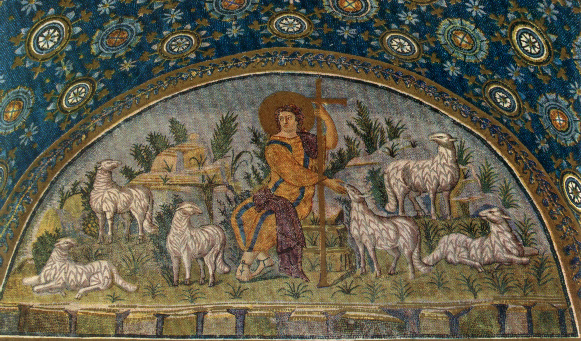 Critique of tools
Critique of tools Paz, Octavio
An Improbable World


"I mean the world we live in is very nearly incomprehensible to most of us."
"...since we have no comprehensive and consistent picture of the world....We believe because there is no reason not to believe."
p. 58
"with the emergence of technocracies, moral and intellectual coherence began to unravel."
p. 59
"The ways of technology...are awesome and mysterious."
information glut
timing of events
Argument
change in stories
Religious views
graphical revolution
information glut | timing of events | Argument | change in stories | graphical revolution
"it is clear that 'social science' is a vigorous ally of technopoly and must be regarded with a hostile eye."
"Based on deceit and exploitation."
56.
"There is no idea so stupid that you can't find a professor who will believe it."
Henry L. Mencken, journalist 1920s.
p. 57
"The world is incomprehensible and has been since 1500s"
There is an information glut for the first time in history.
"Schools were, in short, a means of governing the ecology of information."
"Information without regulation can be lethal."
p. 63
Postman's evidence for his argument:
three cornerstone tool complexes
- Telescope -- "eye that gave access to a world of new facts"
- Printing press -- literate nation: First Amendment people control information.
- Telegraph -- "For the first time transportation and communication."
pp. 64-68.
Timing is as important as when something happened.
1. & 2. (above) came during the advent of the Scientific Revolution and the Protestant Reformation 3. (above) came with the unification of US, Japan, Germany and Italy, and European Imperialism in the 1830s-1860s.
- 1. Scientific Revolution 1400
- 2. Protestant Reformation 1517
- 3. unification of US, Japan, Germany and Italy, 1860s
- 4. European Imperialism in Africa 1888
- Mechanization has created a world of information devoid of any coherent worldview or theory to make sense of all the meaningless data.
- Too much information with too little context to make intelligent decisions out of the stream of signals, sounds, warnings and indications. What perception of reality is correct?
information glut | timing of events | Argument | change in stories | graphical revolution | Christ
Competing narratives: |
|
| Biblical fundamentalist | Progress |
| God created a cosmos filled with meaning | science & technology discover information |
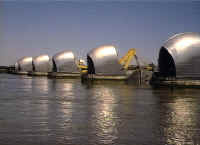 |
|
| information scarcity | information glut |
the
soul in an after life, |
the
body in this life, |
faith
in divine order. |
faith
in possessions. |
God's
grace redeemed sinners. |
Information
will set us free. |
Biblical fundamentalist, things improve with faith and hope. Progress, things improve with information and inventions.
Postman, pp. 59-60.
| Axis of modern faith | ||||
|---|---|---|---|---|
| God |
|
Automation | ||
| |
||||
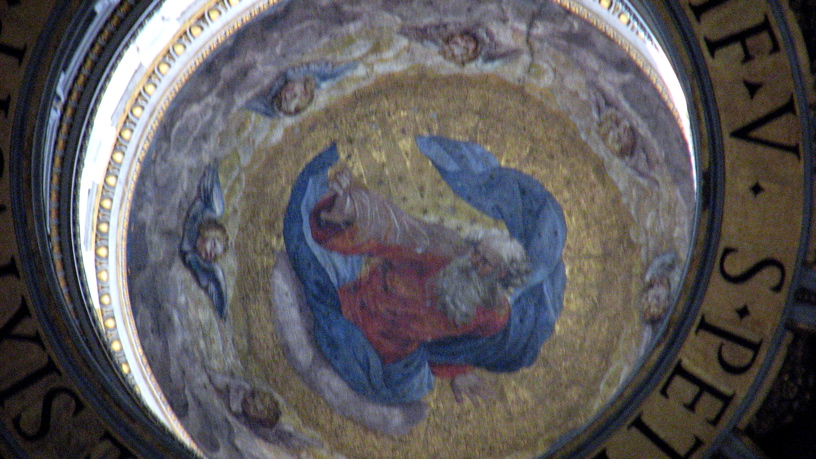 |
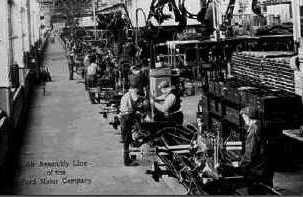 |
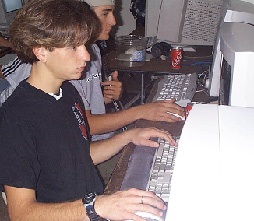 |
||
information glut | timing of events | Argument | change in stories | graphical revolution
"The Graphic Revolution" seemed to have reinforced the widespread and growing power of progress.
- photographs, 1813-1822
- telegraph codes, 1831-1837
- phonograph, 1886-1904
inventions, formative years
The sacred narratives of the Good Shepard, or of David and Goliath, or Christ's parables of the Loaves and the Fishes, or the Good Samaritan were replaced by stories of mechanical power and images of industrial shrewdness.
"All of this is worth mentioning because innovations in the in the format of the machine-made book were an attempt to control the flow of information, to organize it by establishing priorities and by giving it sequence."
The book gave rise to schools -- in order to control the "flow" of meaning --
In 1480 "there were thirty four schools in all of England."
?By 1660, there were 444, one school for every twelve square miles."
p. 62.
"Schools were, in short, a means of governing the ecology of information."
p. 63.
information glut | timing of events | Argument | change in stories | graphical revolution
The downside of information:
Indeed, one way of defining a Technopoly is to say that its information immune system is inoperable. Technopoly is a form of cultural AIDS.
Anti-Information Deficiency System.
"Information without regulation can be lethal."
p. 63.
Information explosion, ironically, made technocracies possible,
p. 65.
"The milieu in which Technopoly flourishes is one in which the tie between information and human purpose has been severed...disconnected from theory, meaning, or purpose."
p. 70.
information glut | timing of events | Argument | change in stories | graphical revolution | Christ
Information Revolution began to unravel the sacred narratives leaving them devoid of meaning:
Lesson:
Biblical narrative was replaced by faith in machine mediated progress, instruments could now be trusted for advice on how to behave, how to look, when to move, what to do.
"To live in a world in which there were no random events . . . in which everything was, in theory, comprehensible; in which every act of nature was infused with meaning – is an irreplaceable gift of theology....with the emergence of technocracies moral and intellectual coherence began to unravel.
p. 59.
The three stage information revolution helped to create a less-coherent world:
• "brought on a massive intrusion of images."
• "from millions of sources ...information pours in....an ever greater volume of information waiting to be retreived....has become a form of garbage,,,barely useful in providing coherent direction....."
p. 69.
"All of this has called into being a new world.... a peek-a-boo world, where now this event, now that, pops into view for a moment, then vanishes again."
p. 70.
information glut | timing of events | Argument | change in stories | graphical revolution | Christ

Technical changes
Epistemology, undermining techniques
Technocracy emerges
Broken Defenses
An Improbable World
Hidden techniques
Monopoly of Technology.


